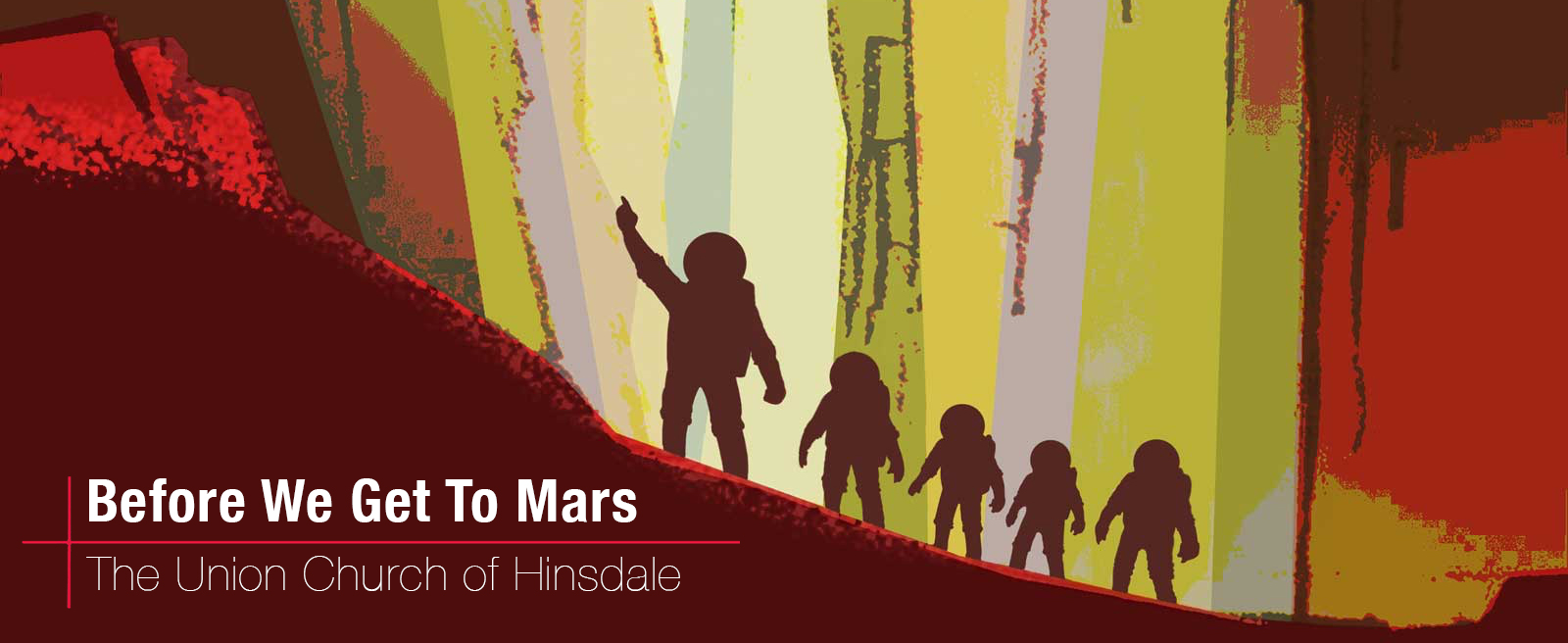We were happy to receive 144 responses to our first survey of congregational interest in various possible areas of work. Thanks to everyone who filled out the survey!
The raw data / full report can be found here.
In summary, here are the 10 areas that received the largest degree of support from the congregation, in order of support:
Area of work: Percentage of people who named it as one of four priorities:
Hunger / Food Justice 36.1%
Quality Education for All (K-12) 35.4%
Healthy Chicago Neighborhoods 29.9%
Health Care Justice 28.5%
Jobs 26.4%
Drugs / Substance Abuse 25.0%
Environment / Care of Creation 24.3%
Gun Violence 22.2%
Mentoring 21.5%
Quality Preschool Education for All 19.4%
Of course, some of these areas of work overlap, and the Process Planning Team is still working on how best to clarify, define, or group the areas before presenting the next step to the congregation.
For now, the Process Planning Team encourages the whole congregation to read a book that has been challenging, enlightening and motivating to us as we have thought about this work:
Charity Detox: What Charity Would Look Like If We Cared About Results, by Robert Lupton.
Copies are available at church for $10, and several copies are available at the Hinsdale library and the Clarendon Hills library. Please, everyone, read it! It may well change the way you think about this Before We Get to Mars project! But we also want to say…
…to be honest, this book might shake you up a bit, as it did all of us. It questions the way churches (and other wonderful organizations) have often gone about their charity work. But we believe the challenge is worth the education the book gives about how we can do things differently and more effectively in the future. One of our members offers this brief encouragement:
The book “Charity Detox” contains some thought-provoking examples and challenges us on our traditional way of assisting others. If you start reading the book and you find it “challenging,” please read it to the end. After reading “Charity Detox,” I was at first a little saddened to think about how I currently interact with charities and how I try to help others (i.e., if I help at a food pantry, am I an enabler?). However, after reflecting on the book and talking about the book with others and Rev. Mike, I was able to step back and see that that there are different ways to help others. As the saying goes, “Give a person a fish, and you feed him/her for a day; show him/her how to catch fish, and you feed him/her for a lifetime.”
The second round of the priority setting survey will be coming soon, so keep looking for more information.
But first, read the book! Thanks!



